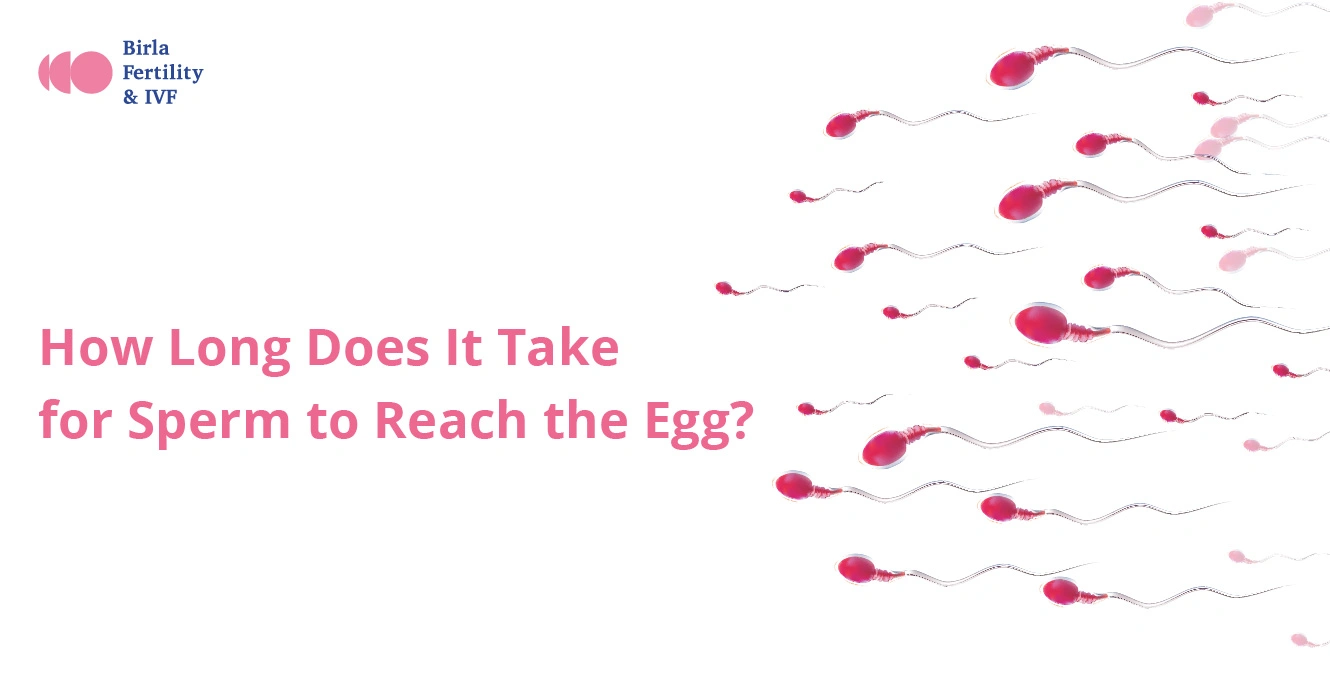
Kallmann Syndrome: Causes, Symptoms & Treatment

Table of Contents
What is Kallmann syndrome?
Kallmann syndrome is a condition that causes delayed or absent puberty and a loss or absence of the sense of smell. It is a form of hypogonadotropic hypogonadism – a condition caused by a problem in the development and production of sex hormones.
This results in a lack of development of sexual characteristics. It can also affect other parts of the body such as the mouth, ears, eyes, kidneys, and heart.
Kallmann syndrome is a congenital condition, which means that it is present at birth. It is a genetic disorder caused by a gene mutation (alteration) and is usually inherited from either or both parents.
Symptoms of Kallmann syndrome
The symptoms of Kallmann syndrome can differ between different people. Kallmann syndrome symptoms also differ based on age and gender.
Common symptoms both men and women experience may include:
- Delayed or absent puberty
- Weakness or low energy levels
- Increased weight
- Mood swings
- Loss of sense of smell or reduced sense of smell
Certain additional Kallmann syndrome symptoms may include:
- Issues in the development of the kidneys
- Cleft palate and lip
- Dental abnormalities
- Issues with balance
- Scoliosis (curved spine)
- Cleft hand or foot
- Hearing impairment
- Eye issues such as colour blindness
- Short stature
- Loss of bone density and bone health leading to osteoporosis
Kallmann syndrome female symptoms are as follows:
- Little or no breast development
- No menstrual periods as they begin puberty
- Loss of menstrual periods or reduced periods
- Mood swings
- Infertility or reduced fertility
- Absence of pubic hair and under-developed mammary glands
- Reduced levels of estrogen and progesterone
Kallmann syndrome male symptoms are as follows:
- Micropenis (penis that is unusually small in size)
- Lack of development of the testicles and undescended testes
- Lack of development of secondary sexual characteristics like deepening of the voice and growth of facial and pubic hair
- Reduced libido or sex drive
- Erectile dysfunction
- Reduced levels of testosterone
Cause of Kallmann syndrome
Kallmann syndrome is a genetic condition, which means it is caused by a gene mutation (alteration). Many different mutations can cause this condition. Most of them are inherited.
The genetic mutation in Kallmann syndrome leads to reduced secretion of gonadotropin-releasing hormone (GnRH). GnRH stimulates the production of sex hormones in men and women.
Kallmann syndrome cause is associated with more than 20 different genes. The mutations may be in more than one of the genes. The genes that lead to Kallmann syndrome are responsible for the development of certain parts of the brain. This development takes place during foetal development before a child is born.
Some of the genes are involved in forming nerve cells that help your body process smells.
The genes associated with Kallmann disease are also associated with the migration of neurons that produce GnRH. The gene mutations are considered to cause problems with the migration of these neurons to the developing brain in the foetus.
GnRH is secreted by a part of the brain that regulates hormones in your body, referred to as the hypothalamus. It helps stimulate the pituitary gland, which then produces luteinizing hormone (LH) and follicle-stimulating hormone (FSH).
This leads to reduced levels of sex hormones like testosterone in males and estrogen and progesterone in females. The reduced production of sex hormones affects puberty and reproductive development. It also affects the functioning of the ovaries and testes.
Diagnosis of Kallmann syndrome
Diagnosis of Kallmann syndrome usually happens around the time of puberty. Parents can get an indication if the child does not develop signs of puberty like secondary sexual characteristics.
Based on the symptoms and a physical examination, the doctor will suggest tests for the Kallmann syndrome diagnosis. These diagnostic tests include:
Hormone tests
These include biochemical or blood tests to check for LH, FSH, and sex hormones like estrogen, progesterone, testosterone, and GnRH.
Smell tests
These are also known as olfactory function tests. Usually, it involves identifying many different smells. If the child does not have a sense of smell, they have anosmia (lack of smell sense).
Imaging tests
These include tests like a magnetic resonance imaging (MRI) test to check the hypothalamus and pituitary gland for abnormalities.
Genetic tests
Genetic tests help identify the mutated genes that cause Kallmann syndrome. Multiple mutations may indicate the disorder.
Treatment of Kallmann syndrome
Kallmann syndrome is treated by addressing the lack of required hormones. Treatment focuses on increasing the levels of hormones through a process called hormone replacement therapy.
Usually, once a diagnosis is made, the treatment will focus on inducing puberty and maintaining normal hormone levels. Treatment may also be required to improve fertility when a person wants to achieve pregnancy.
Kallmann syndrome treatment methods include:
- Testosterone injections for men
- Testosterone patches or gels for men
- Estrogen and progesterone pills for women
- In certain cases, estrogen and progesterone patches for women
- GnRH injections can be used to stimulate increased production of sex hormones and stimulate ovulation in women
- HCG (Human Chorionic Gonadotropin) injections can be used to improve fertility in women and sperm count in men
- Fertility treatment for men and women, such as IVF (in vitro fertilization)
Kallmann syndrome treatment for men
In men, testosterone therapy is used to initiate the onset of puberty and maintain normal levels of the sex hormone. Hormone therapy will usually have to be continued lifelong.
Once puberty has been induced, testosterone therapy is continued for secondary sexual characteristics and to maintain normal hormone levels. When the person wants to improve fertility, the HCG or FSH hormones can be administered to stimulate testicle growth and sperm production.
Kallmann syndrome treatment for women
In women, estrogen and progesterone therapy are used to induce the onset of puberty and secondary sexual characteristics.
GnRH therapy or gonadotropins (hormones that act on the ovaries or testes to stimulate the production of sex hormones) are used to stimulate the ovaries. The ovaries can then start producing mature eggs.
If natural pregnancy still does not occur, then in vitro fertilization can be done.
Conclusion
In most cases, Kallmann syndrome is inherited from either of the parents who may be carrying the gene. If you have a family history or any instances of this syndrome in your family, it is advised to seek medical advice on the risks before having a child.
Kallmann syndrome affects the reproductive system and fertility of men and women. Insufficient production of hormones like estrogen and testosterone affects the production of eggs in women and sperm production in men. It is important to seek appropriate fertility treatment.
For the best fertility treatment, visit Birla Fertility and IVF Clinic or book an appointment
FAQs
1. What are the signs of Kallmann syndrome?
The signs of Kallmann syndrome begin with delayed or absent puberty and lack of development of secondary sexual characteristics. In men, this means a lack of traits like facial and pubic hair, development of genitals, and deepening of the voice. It implies a lack of breast development, periods, and pubic hair development in women.
2. Is Kallmann syndrome curable?
Kallmann syndrome is not curable because it is a congenital disorder that arises from a genetic mutation. However, it can be treated with continuous hormone replacement therapy.
Our Fertility Specialists
Related Blogs
To know more
Birla Fertility & IVF aims at transforming the future of fertility globally, through outstanding clinical outcomes, research, innovation and compassionate care.
Had an IVF Failure?
Talk to our fertility experts

 Our Centers
Our Centers















